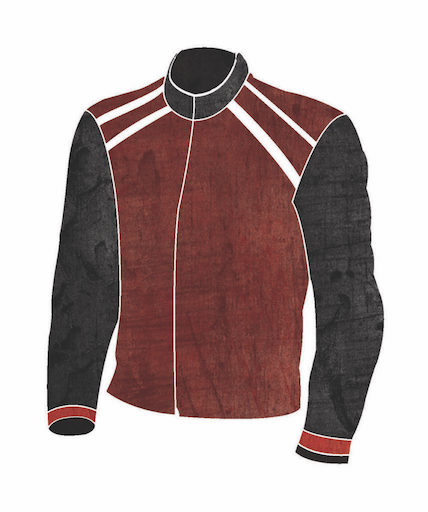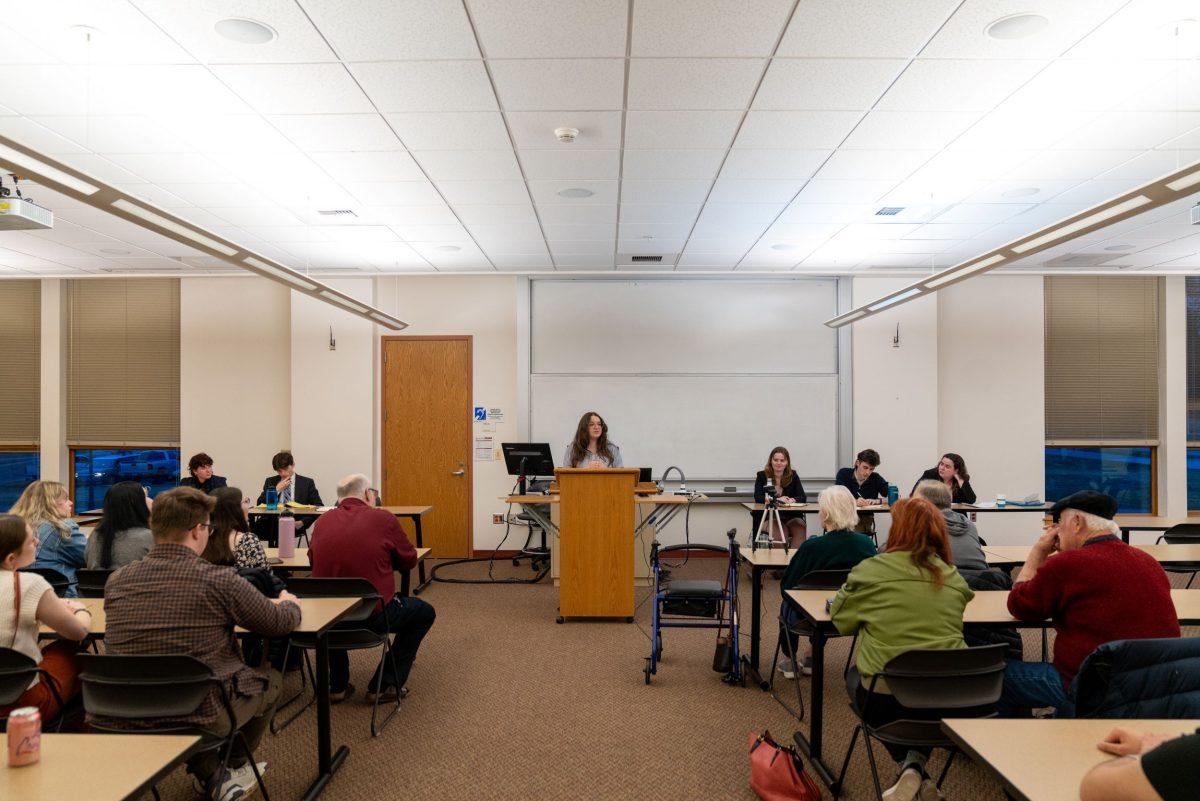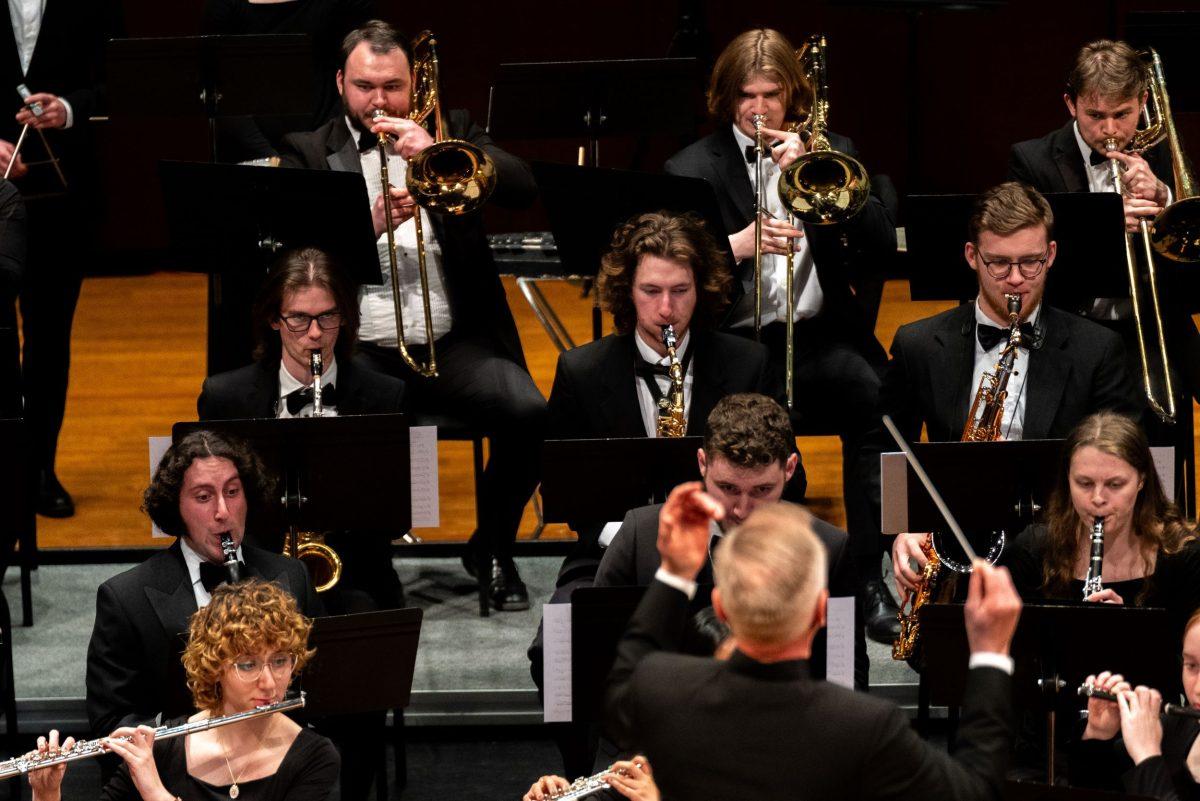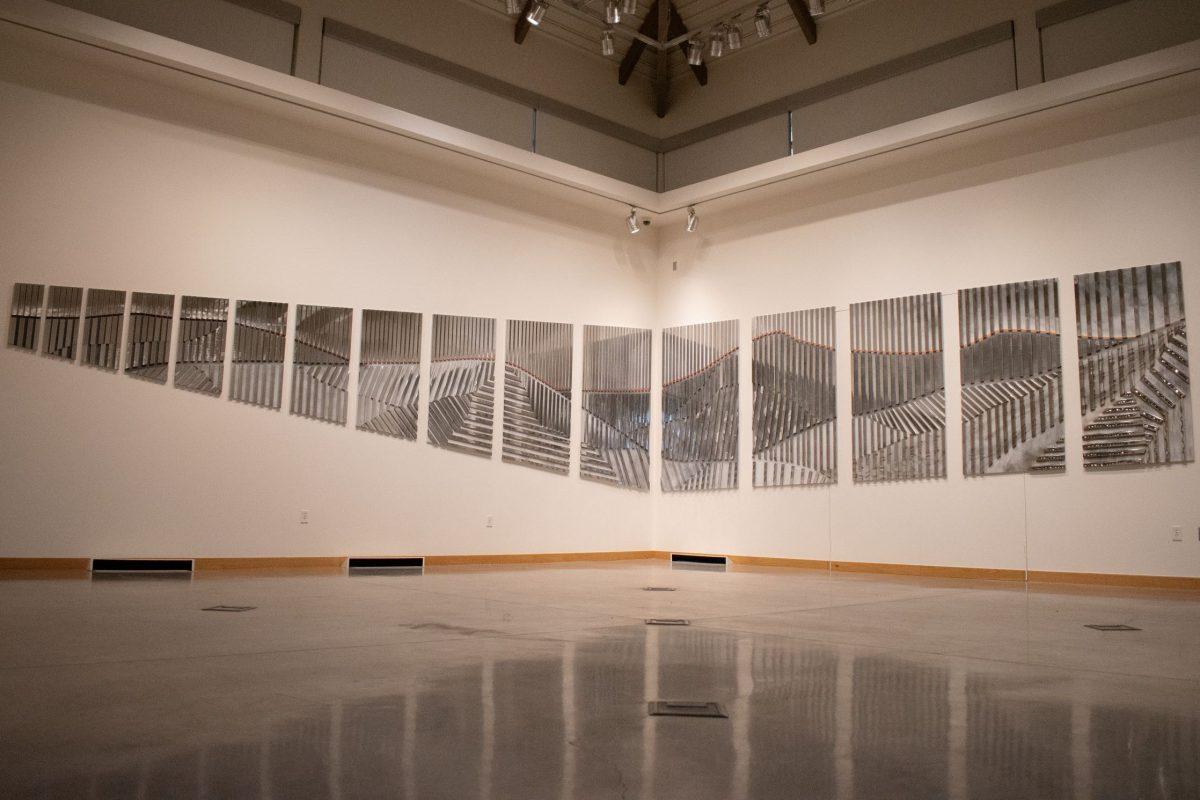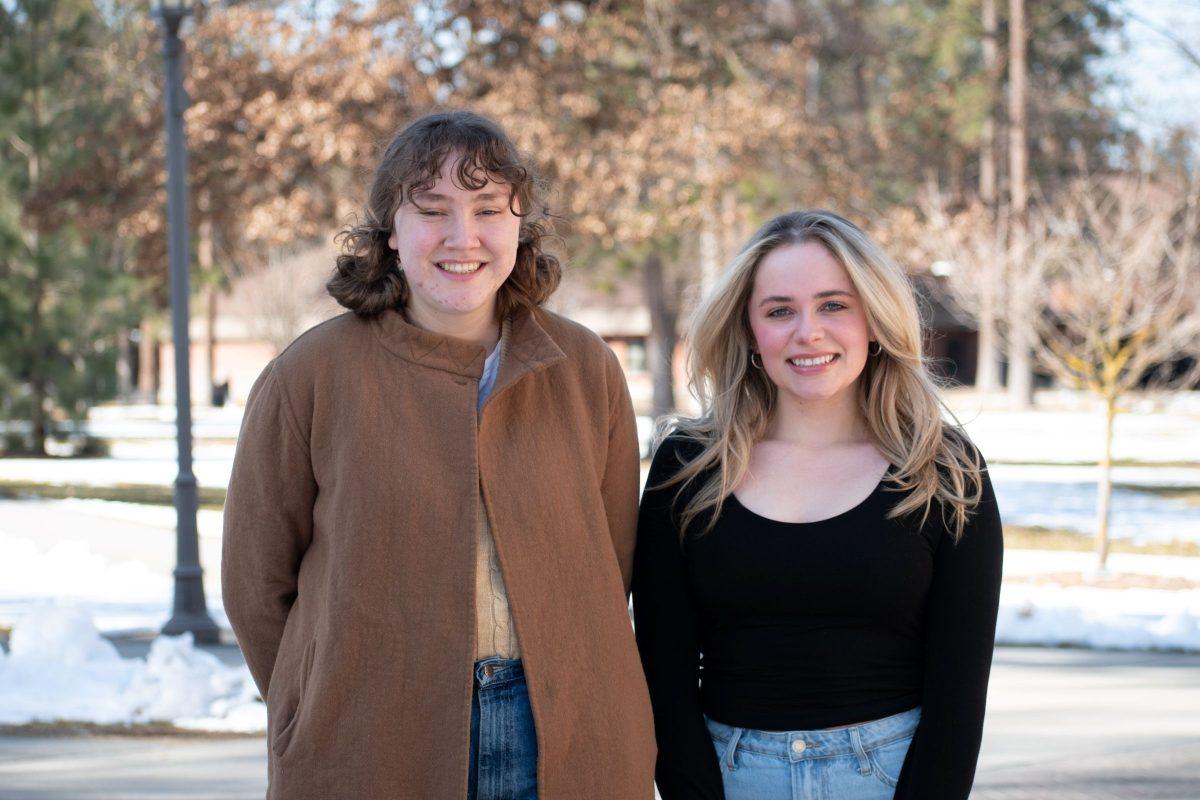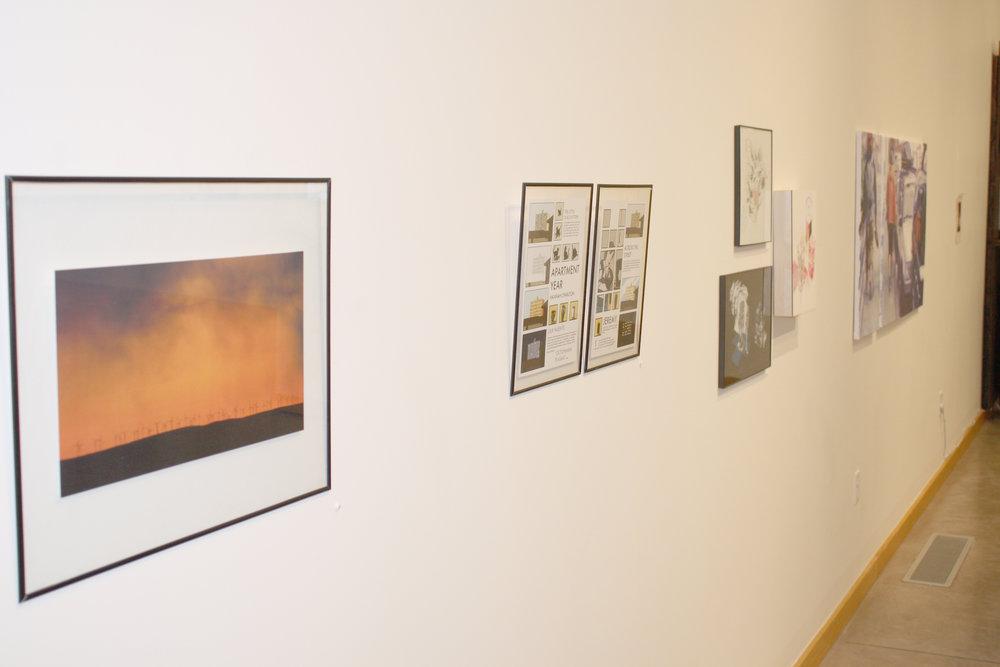Choosing your off-campus study program
Numbers show that 45.2 percent of the graduating class of 2012 participated in a study abroad program at some pointduring their time at Whitworth, according to the Whitworth website.
“We are No. 1 in the Pacific Northwest for sending students abroad,” said Sue Jackson, director of the International Education Center.
Applications for faculty-led study abroad options opened Feb. 13 and will close March 2, with the first round of acceptance decisions being made between March 3 and 5. Faced with a multitude of opportunities, students may begin sifting through all of the information about study abroad programs and start making decisions.
1. CHOOSE THE RIGHT PROGRAM
“You have to know yourself,” Jackson said. “You have to
know your program, your whole degree program. You have to know what kind of flexibility you can build into your schedule. Also, assuming you have flexibility, you need to think what kind of environment you want to go into.”
Geography, level of urban development, public transit accessibility and academic systems all contribute to the variety of environments available for study abroad, Jackson said.
Different programs appeal to different types of people. Year- or semester-long exchanges have more of a potential for cultural immersion, while Whitworth faculty-led programs offer the camaraderie of a shared experience, said Charles Tappa, the associate director of off-campus programs.
“I think you should ask questions,” Tappa said. “Come and see us. Sue [Jackson] and I talk to students regularly. The other thing is talk to students who’ve been on a program. This is a great time to do it, because about 10 percent of Whitworth students just returned from a program.”
Considering all of the factors to keep in mind, Jackson boils it down to a few key ideas.
“Plan ahead,” Jackson said. “Keep an open mind about where you think you want to go. Always have a plan B in case plan A doesn’t work out. Be adventurous in your thinking and then in your actual actions.”

2. GET ACCEPTED
“Be very sure why you want to go on the program and have very good personal and academic reasons,” Jackson said. “Also be able to convey clearly what you will be able to contribute as a personality and as a student to the group.”
Tappa puts a common misconception to rest by discussing what he believes some students think about the faculty’s expectation of travel experience.
“It’s OK if you’ve never traveled,” Tappa said. “There could be a perception that if you’ve traveled a lot, you have a higher rate of being selected, but that’s not necessarily true. A lot of times professors would rather take a student that’s not traveled and give them that opportunity.”
Strategy plays a role when it comes to choosing a program and increasing the chances of acceptance.
“If your first choice is a very popular program, what I call wide appeal, then make your second choice a narrow appeal program,” Tappa said. “That [second] program has a much narrower appeal, which means your rate of acceptance is going to be much higher.”
3. FIND FINANCIAL AID
“Students do come in, and they’re looking for financial aid to help with their costs, and oftentimes there’s not many resources,” said Nancy Morlock, assistant director of financial aid and scholarship coordination.
“There’s limited scholarships available through some of the departments on campus that you have to be a certain major or going on a certain trip. Those are pretty much handled through the department, and they’re limited.”
For departmental scholarships students are encouraged to communicate with their advisers and check with their department for any available scholarships, Morlock said.
“We do have an institutional loan program that could be used to assist with some of those costs,” Morlock said. “The one difficulty with that is that those funds have to be applied to the student’s account during the academic year that they’re traveling.”
Students seeking institutional loans can come to the financial aid office in McEachran Hall to find out if they qualify, Morlock said.
4. RESEARCH TRAVEL TIPS
“I think for American students it’s probably important to observe and reflect,” Tappa said. “This is a time for us to try and understand the worldview of another culture.”
While studying abroad, cultural differences in communication and teaching and learning styles ought to be taken into account.
“We talk about in orientation the kinds of learning styles that go best with different kinds of academic systems,” Jackson said. “If you have a learning style that’s incompatible with the system you’re going into, you might want to try very hard to change your learning style just for a semester.”
There are certain travel habits much like the adaptability of learning styles that will make it easier for students studying abroad.
“I’d say the most important thing for travel is maintain situational awareness,” Tappa said. “That is something you should do at all times as far as safety is concerned. Before you travel, do your research. Learn as much as you can about the place you’re going to.”
The U.S. Department of State travel page, the Centers for Disease Control and the CIA factbook all contain helpful knowledge that can be extremely useful in another country, Tappa said.
Alyssa Brooks
Staff Writer
Contact Alyssa Brooks at [email protected]
Off-campus study experiences
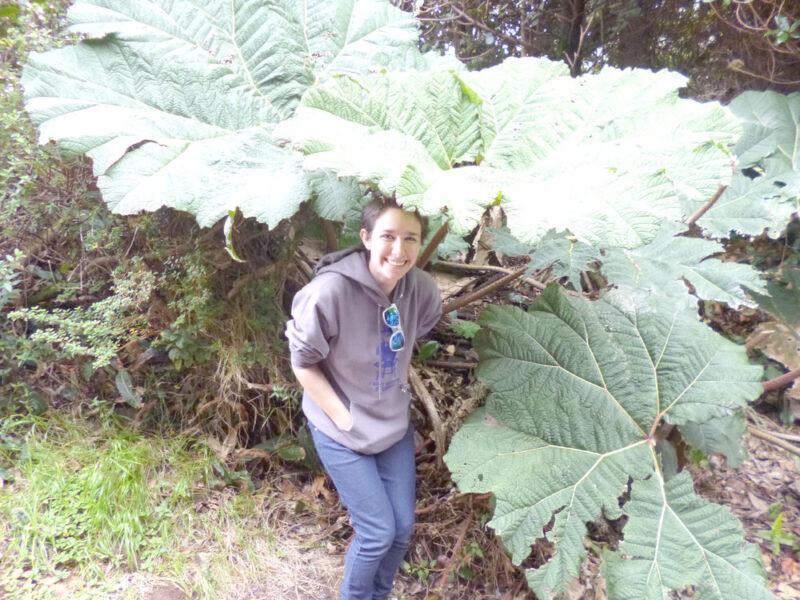
Freshman Alex Siefe spent her Jan Term taking the Shalom course in Costa Rica.
“My older sister attends Whitworth and she did the Costa Rica Shalom course the Jan Term of her freshman year, Siefe said. “She told me that if I got a chance to study abroad that I should take this course.”
The Shalom course is available to honors students such as Siefe.
“I love to travel and had never been to any Latin American countries so I thought this would be a good experience,” Siefe said.
She thinks the study abroad program is a great way to finish general education requirements while also experiencing culture and different ways of life.
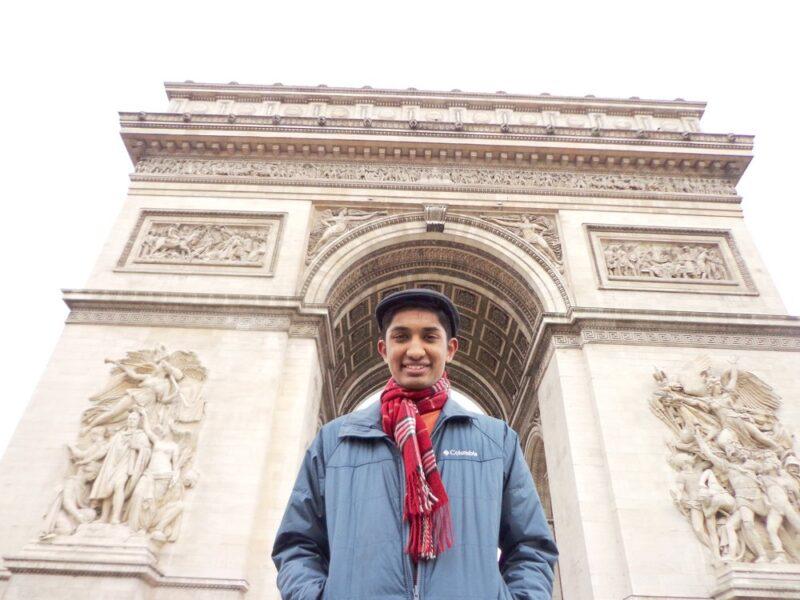
Sophomore Justin Botejue participated in the Core 250 Europe program this Jan Term, during which he traveled to Italy, France, England and Ireland.
“This trip has the biggest bang for your buck,” Botejue said. “It is one of the cheapest study abroad programs, travels through many countries, and completes a required course.”
Though there were many great moments, one of the highlights from this trip was being blessed by the pope, he said.
“Studying abroad broadens and opens your mind to different cultures and gives you travel experience,” Botejue said.
He is considering participating in the Council for Christian Colleges and Universities’ “Best Semester” American Studies Program in Washington D.C. during fall semester.
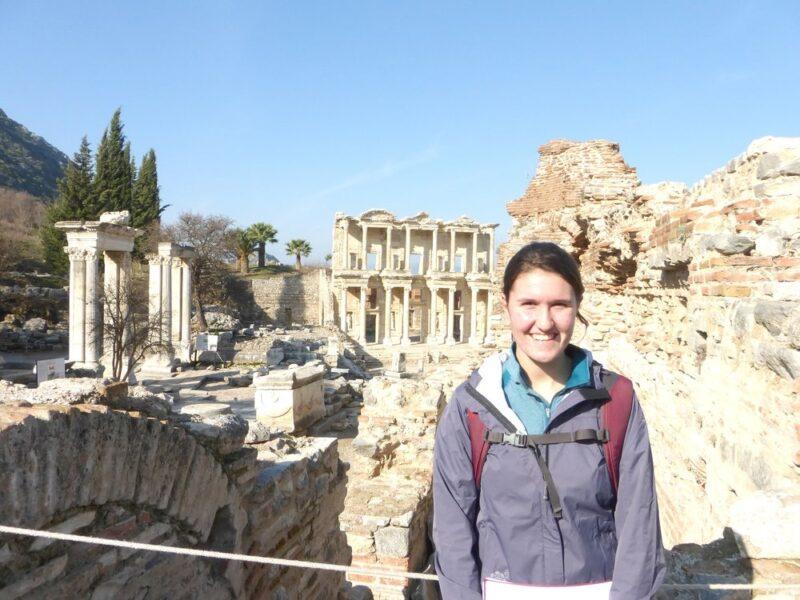
Senior Rowanne Fairchild had her mind set on the Early Christian Sites in Turkey study abroad program since she was a high school senior. A friend’s sister-in-law, who was attending Whitworth at the time, talked to her about the trip—and convinced Fairchild this was the program she needed to do.
“I loved the idea of visiting biblical sites and learning about their relation to scripture,” Fairchild said. “I got to see not only where these events took place, but also learned about their significance in the context of scripture.”
Fairchild enjoyed exploring the ruins of historical and spiritual sites. One of her favorite locations was the Cappadocian Caves, which contained churches carved into the cave walls.
“I loved singing hymns in the churches and repeating that part of faith and history in that place,” she said.
Students should study abroad regardless of finances, time or academic obligations because the experience is once in a lifetime, she said.
“I can visualize these Biblical events after going on the trip,” Fairchild said. “It gave scripture vitality and so much more wealth.”
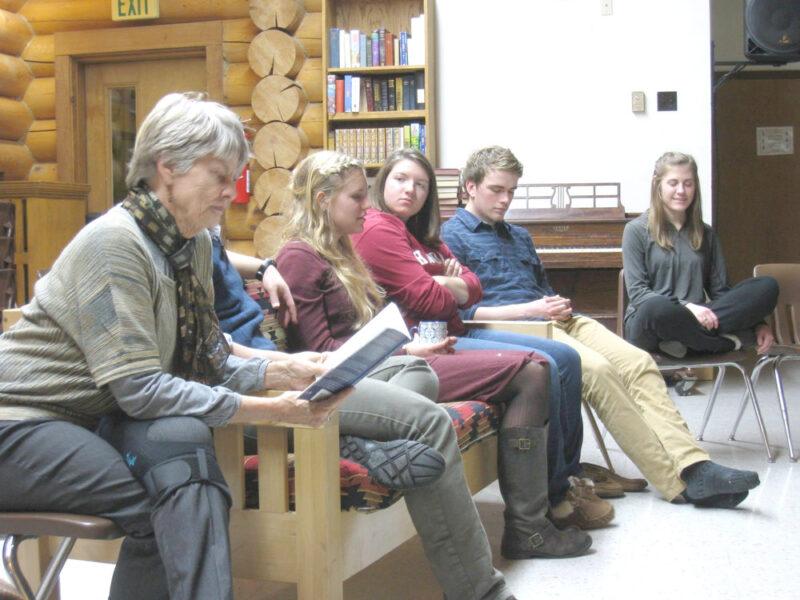
Sophomore Joel Silvius, a theology and economics double major, spent his Jan Term at Tall Timber Ranch taking the Christianity Spirituality course.
“I heard about how cool it was and wanted to check it out,” Silvius said.
Although Tall Timber Ranch is in Washington, it was different than taking a course at Whitworth, Silvius said. His favorite part of the program was when the students were asked to spend 24 hours in solitude.
“We all stayed in our own cabins and either read or studied,” he said. “I’ve never intentionally been alone for 24 hours so it was interesting experience for me.”
Studying off campus within the United States is a good alternative to studying abroad in another country if finances are a problem, Silvius said. He said he encourages students to try studying off campus even if the location is domestic.

Junior Maddi Greenhall studied theology and journalism in South Africa. She chose this program because South Africa is a place she had always wanted to go.
“It was fantastic,” Greenhall said. “I have a very good friend who is from South Africa and it was everything she promised it would be.”
She enjoyed the people of South Africa as well as the different dynamics of culture and society the group encountered there.
“It is one of the few places in the world where you can see first-world and third-world environments 10 feet from each other,” she said.
Studying abroad provides students with the chance to get outside of their element and learn something about themselves while also receiving an education, Greenhall said. She encourages everyone to study abroad.
“It is a big world and it was created, no matter your philosophy on how, for us to experience it,” she said.
Contact Bekah Bresee at [email protected]

